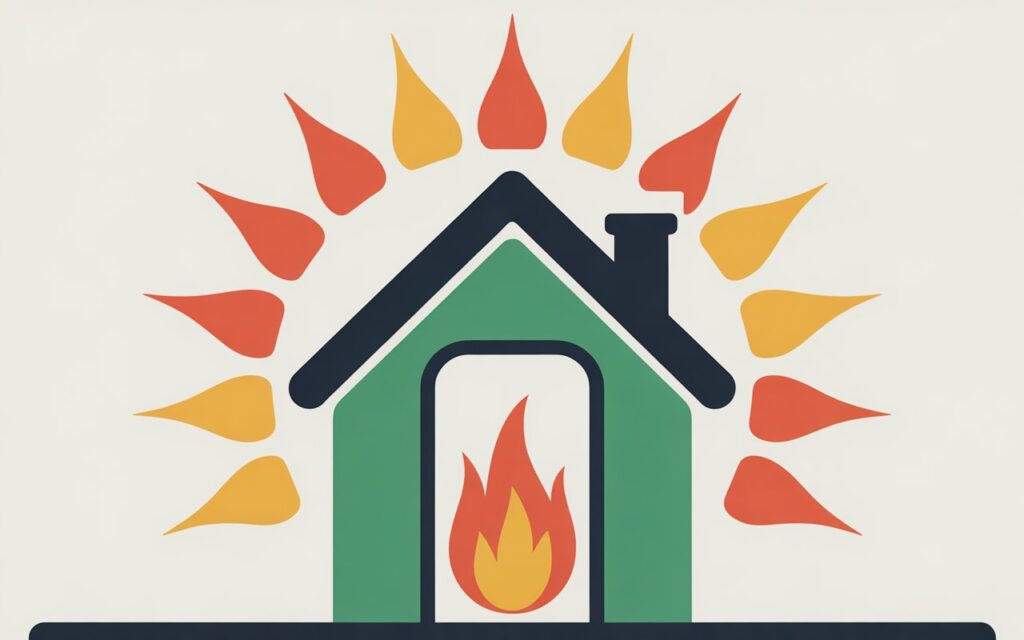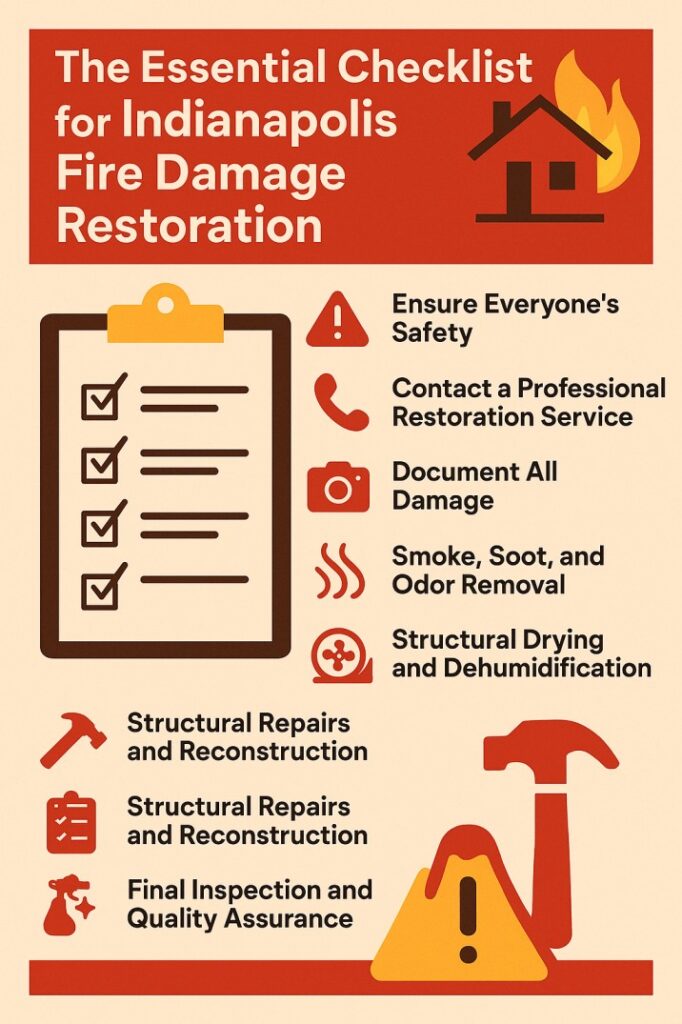In the age of climate change, resource scarcity, and environmental degradation, scrap recycling has emerged as a vital solution to many of our planet’s most pressing challenges. Often overlooked, Scrap San Francisco plays a crucial role in conserving natural resources, reducing greenhouse gas emissions, and promoting economic efficiency. This article explores what scrap recycling is, why it matters, and how individuals and industries can benefit from participating in this essential process.
What is Scrap Recycling?
Scrap recycling involves collecting, processing, and reusing materials that would otherwise be discarded as waste. These materials, known as “scrap,” include metals, plastics, glass, paper, electronics, and more. Rather than ending up in landfills or polluting the environment, scrap materials are repurposed to create new products, minimizing the need for virgin resources.
Types of Scrap Materials
-
Metal Scrap: Includes ferrous metals (like steel and iron) and non-ferrous metals (such as copper, aluminum, brass, and zinc). Metal recycling is highly efficient and can be repeated indefinitely without loss of quality.
-
Plastic Scrap: Various grades of plastics, such as PET, HDPE, and PVC, are collected and reprocessed into pellets for manufacturing new products.
-
Electronic Scrap (E-waste): Discarded electronics such as phones, computers, and appliances contain valuable metals and components that can be recovered.
-
Paper and Cardboard: Recycled into new paper products, reducing the need for deforestation and energy-intensive pulp production.
-
Glass: Can be melted and remolded repeatedly, saving both energy and raw materials.
Benefits of Scrap Recycling
1. Environmental Conservation
Recycling scrap significantly reduces the need to extract, refine, and process raw materials. This leads to a decrease in air and water pollution, habitat destruction, and carbon emissions. For instance, recycling aluminum saves up to 95% of the energy required to produce it from bauxite ore.
2. Energy Efficiency
Manufacturing products from recycled materials typically consumes far less energy than using virgin materials. This energy saving translates to reduced fossil fuel usage and lower greenhouse gas emissions.
3. Economic Impact
The scrap recycling industry is a major economic driver. It creates millions of jobs worldwide and contributes billions to global economies. Recycled materials are also often cheaper than raw materials, benefiting manufacturers and consumers alike.
4. Waste Reduction
Recycling scrap helps divert waste from overcrowded landfills and reduces the burden on municipal waste management systems. This is critical as urban populations grow and consumption increases.
Challenges in Scrap Recycling
Despite its many benefits, scrap recycling faces several challenges:
-
Contamination: Mixed or improperly sorted scrap can reduce recycling efficiency.
-
Market Fluctuations: The value of scrap materials can vary greatly, affecting the profitability of recycling operations.
-
Lack of Awareness: Many individuals and businesses still do not understand the importance or methods of recycling.
-
Export Restrictions: Some countries restrict the export of scrap materials, affecting global recycling markets.
How to Support Scrap Recycling
-
Sort Waste Properly: Separate recyclable materials from general waste to increase the efficiency of recycling efforts.
-
Choose Recycled Products: Support markets for recycled goods by purchasing items made from recycled content.
-
Educate and Advocate: Spread awareness about the benefits of scrap recycling and advocate for better recycling infrastructure and policies.
-
Partner with Local Recyclers: Businesses can establish partnerships with certified recycling companies to responsibly manage their waste streams.
Conclusion
Scrap recycling is more than just a waste management strategy—it is a cornerstone of a sustainable, circular economy. By transforming waste into resources, scrap recycling conserves energy, protects the environment, supports economic development, and helps build a cleaner, greener future. Whether you’re a homeowner, a business owner, or a policymaker, engaging with and supporting recycling initiatives can lead to meaningful change for generations to come.









